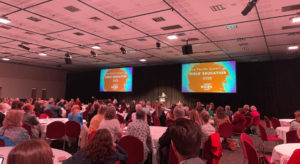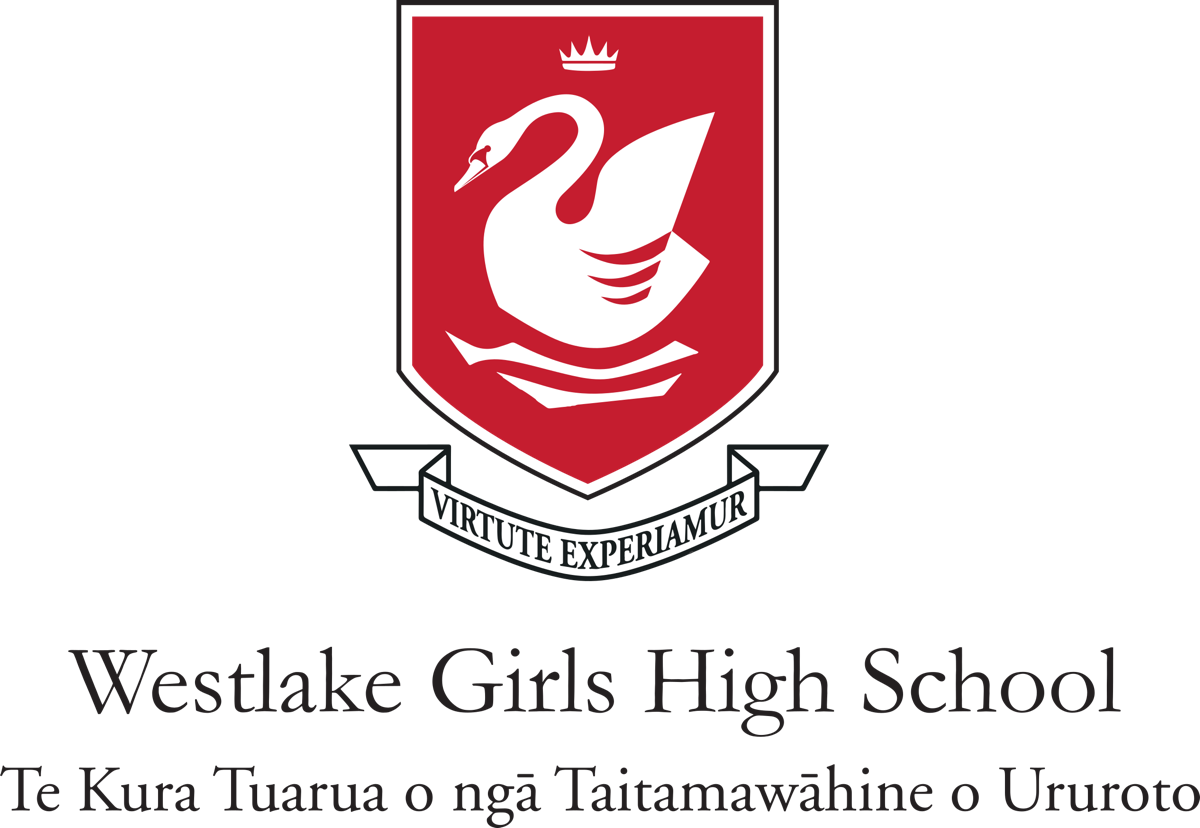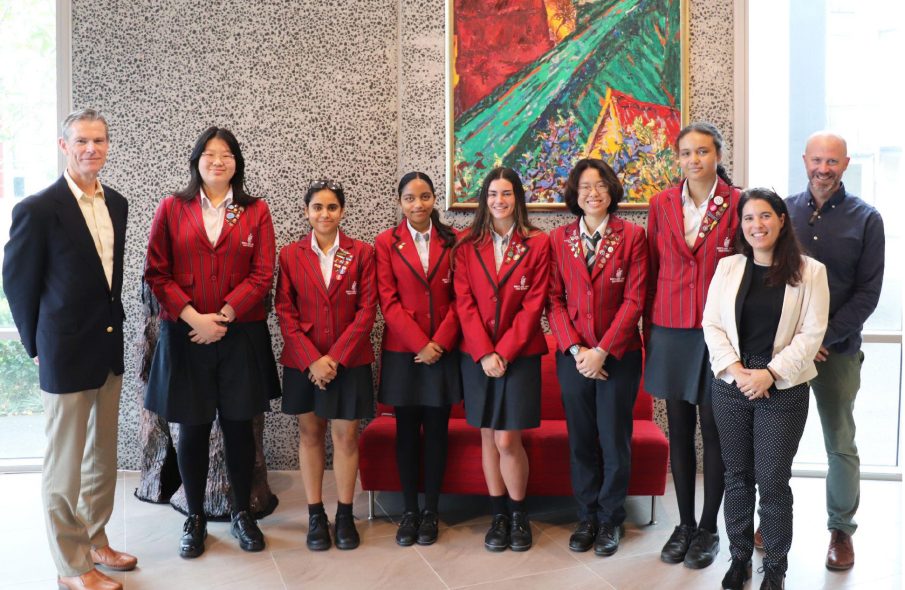The STEAM programme at Westlake Girls has been selected to be part of the Organisation forEconomic Cooperation and Development (OECD) first comparative international study on
“Career Preparation in a Rapidly Changing World” ewa across 10 OECD countries, including New Zealand.
The OECD’s work on education helps individuals and nations to identify and develop the knowledge and skills that drive better jobs and better lives, generate prosperity and promote social inclusion. The study is being led by an American analyst, Dr. Paul Herdman, who visited Westlake Girls and conducted interviews with current and former STEAM students. During Dr. Paul Herdman’s visit to Westlake Girls High School, he conducted interviews with current and former STEAM students. They highlighted the positive impact of the programme, specifically noting the following features: curriculum integration, project-based learning, and engagement with real-world problems through community projects.
The students noted how the ESTEAM program at Senior school, which incorporated Entrepreneurship and Enterprising skills continues to build on this foundation by providing rich opportunities to immerse themselves in the world of work, understand the rapidly expanding career pathways (including emerging careers), and develop the skills and capabilities required to successfully navigate and enter the workforce.
We are very proud of our success in developing opportunities for students to acquire the skills and capabilities needed for the world of work specifically in the STEM/STEAM fields. We provide students with opportunities to immerse themselves in the world of work and understand the rapidly expanding career pathways, including emerging careers.
 Our STEAM Coordinator, Susana Tomaz was invited to present at the Asia Pacific Summit for Girls Education this month and showcase the programme. Her presentation highlighted the programme’s success in empowering girls through STEAM pedagogy, collaboration, and community engagement. In particular, how it develops competencies for the future and engagement in pursuing STEAM career pathways.”
Our STEAM Coordinator, Susana Tomaz was invited to present at the Asia Pacific Summit for Girls Education this month and showcase the programme. Her presentation highlighted the programme’s success in empowering girls through STEAM pedagogy, collaboration, and community engagement. In particular, how it develops competencies for the future and engagement in pursuing STEAM career pathways.”


